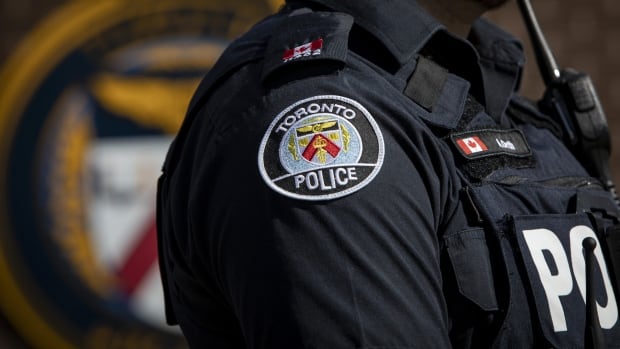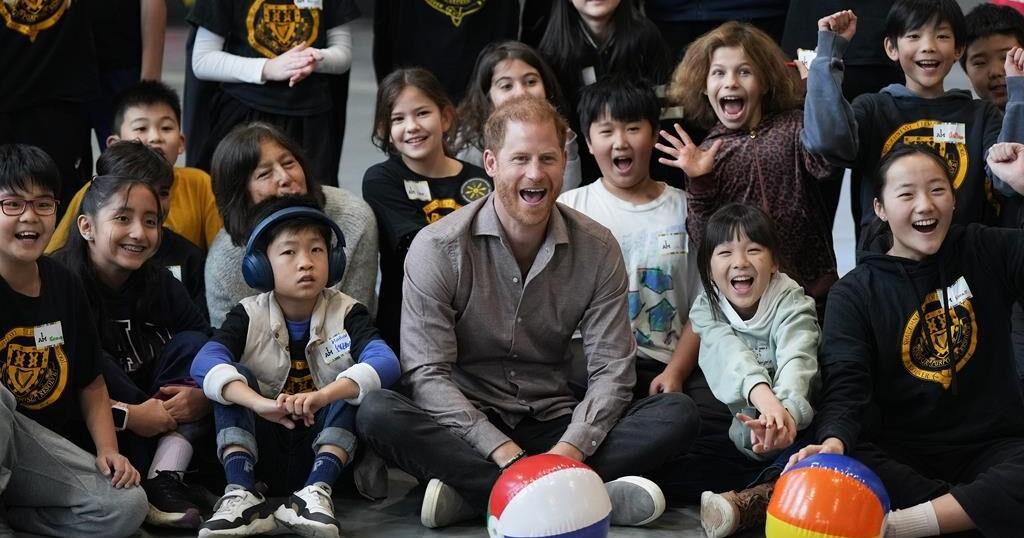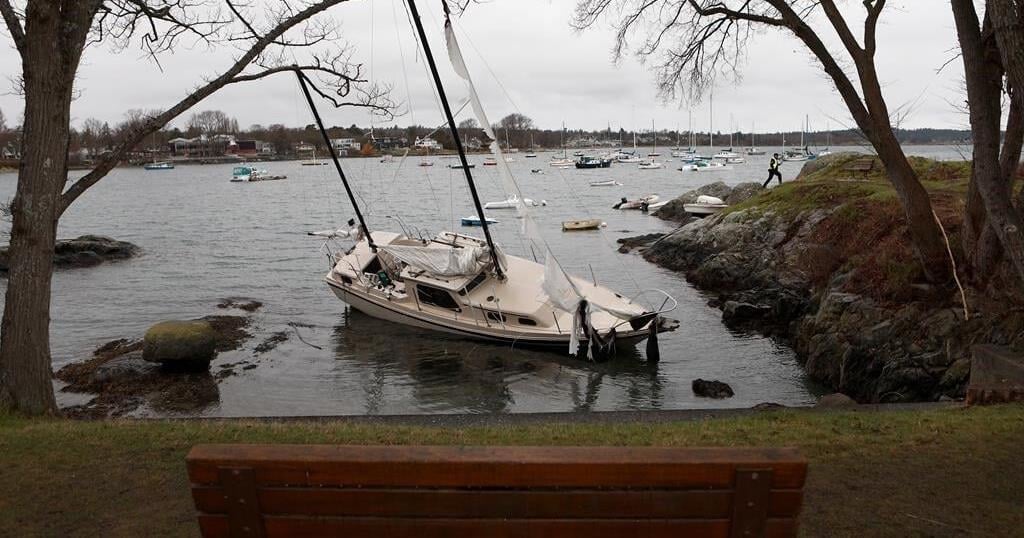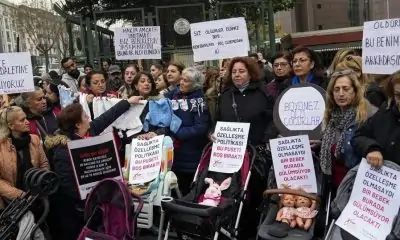Lots of weapons are available on the black market, and the Police / Border Security can only capture less than 20% of what coming to Canada from the USA, usually by vehicle transport.
Municipalities, States, and Provinces are using cameras as a road policing source, capturing road crimes on camera. Our medical essential services staff and teachers are dealing with violence in our institutions like never before. Teachers have no real authority, and medical staff should not be defending themselves from angry, often mentally charged patients.
A Pivotal approach is needed to protect all our citizens. True community policing is needed in all urban settings. Having police among those they are pledged to protect, working with them, speaking to them, and even perhaps teaching them has been proven to work.
1. Placement of male and female officers in large urban schools.
a. protect staff and students, communicate social policing policies and the law.
b. 1-year appointment at a time allowing students to become familiar with officers.
c. Enlist officers who can communicate and possibly teach civics, the law, and societal concepts.
2. Place officers with psychological/communicating abilities within large hospital facilities.
a. Officers need training in de-escalation, dementia, and mental illness. Cannot act without understanding the situation.
b. Chosen rooms within the hospital are needed where difficult patients can be isolated and receive patient care in a controlled environment.
c. Our hospital staff need “cool rooms” that would offer them a place to unwind, speak with a professional if needed.
3. There are troubled areas within each urban area where crime thrives. Community policing, with the placement of officers who live with these citizens as neighbors can be an asset in community peace and management. Citizens in need, or who are fearful of gangland crime, drug dealing can have a neighbor with authority to investigate, communicate and deal with problems as they arise.
4. Police often complain that they lack intelligence that could have prevented or forewarned a crime event. Community policing will allow civilian and security personnel to become one within the community. Hoping that “they vs Us” can evolve into “We” in the community. Citizens often complain that the police are never around when something goes down. Police trained in community service 1st, enforcing of the law second could benefit both the service’s officers and those they protect.
5. Get the cops out of their vehicles and place them within every transportation system. Biking, horses, walking, running, and mass transit too. Where ever a citizen may need assistance or a symbol of authority places officers.
We are told that Police Officers are trained to shut out feelings so they can be objective, read the situation, and respond appropriately. That there is a purposeful silencing of emotional reaction and a build-up of skills to take control, no matter what madness or sadness is taking place before them. Yes, being in the policing profession is difficult, and society must do everything possible to assist and support our peacekeepers.
We must never forget what millions of our fellow citizens have tried to accomplish these many decades. Civil rights, Police Reform, Equity for all have movements of people that need validation, that need solutions to our society’s problems. Our law enforcement agencies are armed and dangerous. What are we going to do about that? Real police reform can be found in methods of community policing. After all, all an officer needs to do is be nice, courteous, and a true professional right?
Steven Kaszab
Bradford, Ontario
skaszab@yahoo.ca

























